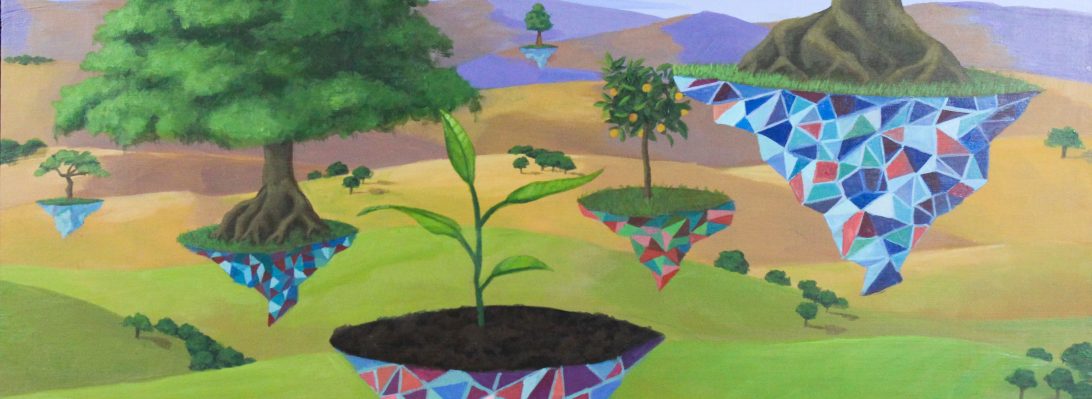
A native of Columbus, Ohio, Andrea Magaña Lewis serves as Public Policy Officer for the Ohio Latino Affairs Commission (OCHLA). In this position, she develops programming that promotes community engagement and civic education while introducing Hispanic leadership in the state to government and elected officials. She bridges the state government and Ohio’s Latin American community to advocate for the state’s New American community.
Running into other Latino families felt like a special occasion when Magaña Lewis was growing up in Columbus, Ohio. As part of a smaller Latino population, she remembers being asked to explain “what she was” – a conversation that ended in her educating her classmates on the whereabouts of Belize. As a native of Columbus, Magaña Lewis witnesses first hand the growth of its Latino community. She garnered a Masters of Education at Ohio State and worked as a Communications Specialist for the Ohio House of Representatives before joining OCHLA.
Throughout our conversation, she artfully discussed methods for building community and embracing one’s identity – in addition to sharing a little bit about an upcoming event organized by OCHLA, the Ohio Latino Education Summit.
A Columbus, Ohio Native:
🎧 Listen (3:37)
“I’ve just always been really close with my mom and my brother, the three of us kind of grew up together and I didn’t want to venture too far from home and I’ve always like Columbus… You know, my family is the main reason that I haven’t moved away, and it would take a lot for me to move away from my family.”
◈
“There are other ways I can be involved with mentoring outside of the classroom. And so I ultimately decided that I didn’t want to be a teacher, but I still wanted to be involved in educational initiatives – and specifically mentoring… I think that it’s a happy medium for me, I’m happy here in this place.”
Growing up in a diversifying city:
🎧 Listen (1:48)
“My exposure has grown a lot to the Latino community since working for the Latino Affairs Commission. Because I predominantly grew up with my mom, who was white, so we weren’t as engaged with the community as we would have been if we were part of my dad’s side. From a young age you kind of grow up bi-cultural and it’s great because you’re immersed in both and used to growing up in different environments… And when you’re an adult too, you’re able to navigate a lot of different groups well.”

Advocating for the New American community:
🎧 Listen (2:34)
“We are the only state-funded commission that represents Latinos, which is a New American community in general. So we take that seriously, and we realize that many times we are a voice for the entire New American community… A lot of the issues that are impacting our African communities, asian communities – language access and things of that nature are affecting all of us the same… We’re stronger in numbers… We’re convening people from all different groups and ethnicities to be at the table and to be in on these conversations.”
Promoting harmony within a community:
🎧 Listen (4:07)
“In general we don’t try to be the only voice for the Latino community. And that’s why we really promote these grassroots efforts that allow the community members to speak for themselves, because we know we can’t represent all of these different interests… We really try to connect our community with those who represent them so that we’re not the only voice.”
◈
“The populations [of Latinos] look very different from city to city, so one thing I always try to do when I meet with our legislators is to talk to them a little bit about their particular Latino constituency. And I think that goes a long way and helps to break down barriers.”

